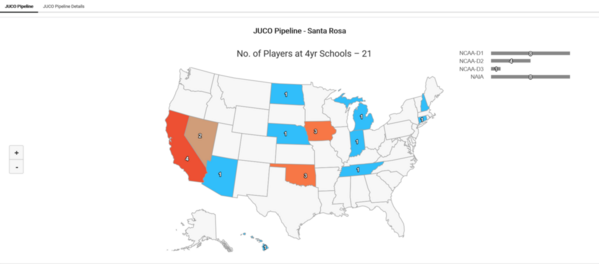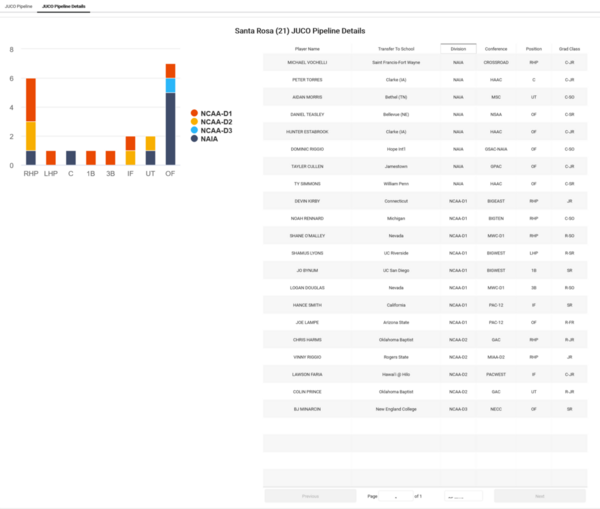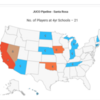@Sandlotdad posted:@CollegebaseballInsights great breakdown, the Juco pipeline dashboard is just what we needed. The biggest concern of my son’s was how many kids at a particular jc went on to D1’s and which ones. I was googling each Juco kid one by one to see where they ended up. This is big time!
The traceability of transfers is challenging, target schools don't always collect data in a coherent way. Players and Parents can't always trust if the JUCO'S (if available) moving on page is accurate.
I would recommend that you also look at https://thejbb.net/, Noah Sharp has some good content. It all depends on what your family is trying to map out.
We are still in reconciling the content, but the user will have a good starting point as we continue the clean up process.




